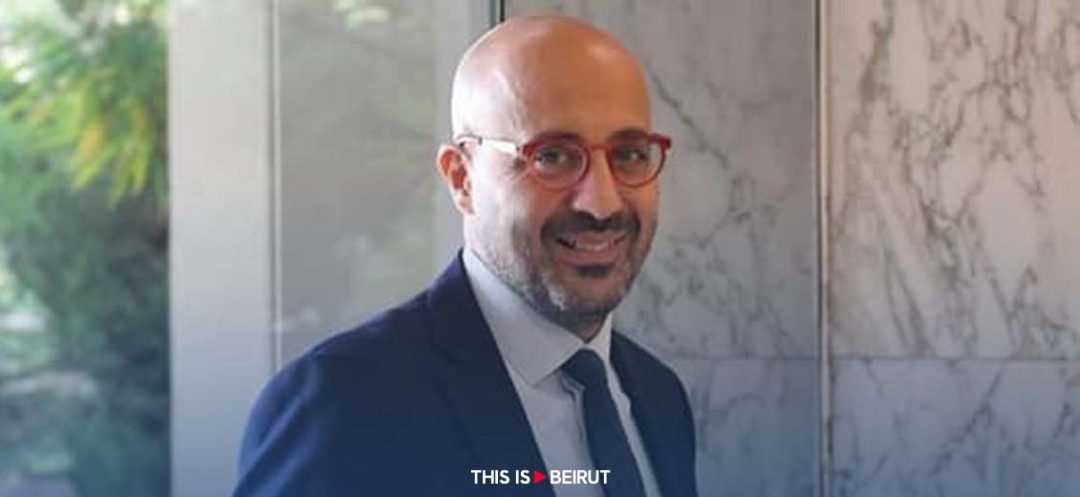
On Wednesday, caretaker Minister of Environment Nasser Yassin reiterated the measures his ministry had taken to limit pollution in the capital, which included "equipping generators with powerful filters and requiring owners of large and medium-sized generators to fit them with systems capable of instantly treating smoke from exhausts."
Yassin's reminder came following an article published in The Guardian on Monday, according to which the risk of developing cancer has risen by 30% in Beirut. At issue: the massive reliance, since the start of the crisis in Lebanon in 2019, on generators to produce electricity. The article refers to a study conducted by a team from the American University of Beirut, under the direction of Najat Aoun Saliba, MP and atmospheric chemistry specialist. The study is due to be made public shortly.
According to the results of this study, reported in The Guardian, the level of fine particles or PM2.5 (particles with a diameter of less than 2.5 microns) reached 60 micrograms per cubic meter in the Makassed area, which was included in the study, a level four times higher than that set by the World Health Organization (15 micrograms per cubic metre).
"Some mohafez, notably in Beirut, have generalized these recommendations," Yassin said in a statement. He pointed out that the Ministry is organizing "workshops with the relevant officials at the Ministries of Energy and the Interior, and with public prosecutors for better implementation."
Yassin also recalled that in "February 2022, he issued a decision (16/1), based on new data at the time, to reduce emissions in the industrial and energy sectors, including generators."
This plan, he stressed, "was to be implemented in two phases, starting in February 2023, based on international recommendations and criteria." "The Ministry is also working to gradually rehabilitate the atmospheric monitoring stations, whose activity was discontinued in 2019," noted Yassin. He added that "as part of the 2024 budget, customs exemptions and tax reductions are planned for electric and hybrid cars, with a view to reducing air pollution."
Yassin's reminder came following an article published in The Guardian on Monday, according to which the risk of developing cancer has risen by 30% in Beirut. At issue: the massive reliance, since the start of the crisis in Lebanon in 2019, on generators to produce electricity. The article refers to a study conducted by a team from the American University of Beirut, under the direction of Najat Aoun Saliba, MP and atmospheric chemistry specialist. The study is due to be made public shortly.
According to the results of this study, reported in The Guardian, the level of fine particles or PM2.5 (particles with a diameter of less than 2.5 microns) reached 60 micrograms per cubic meter in the Makassed area, which was included in the study, a level four times higher than that set by the World Health Organization (15 micrograms per cubic metre).
"Some mohafez, notably in Beirut, have generalized these recommendations," Yassin said in a statement. He pointed out that the Ministry is organizing "workshops with the relevant officials at the Ministries of Energy and the Interior, and with public prosecutors for better implementation."
Yassin also recalled that in "February 2022, he issued a decision (16/1), based on new data at the time, to reduce emissions in the industrial and energy sectors, including generators."
This plan, he stressed, "was to be implemented in two phases, starting in February 2023, based on international recommendations and criteria." "The Ministry is also working to gradually rehabilitate the atmospheric monitoring stations, whose activity was discontinued in 2019," noted Yassin. He added that "as part of the 2024 budget, customs exemptions and tax reductions are planned for electric and hybrid cars, with a view to reducing air pollution."
Read more



Comments